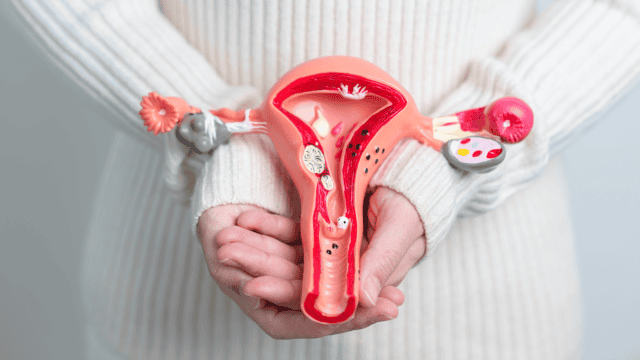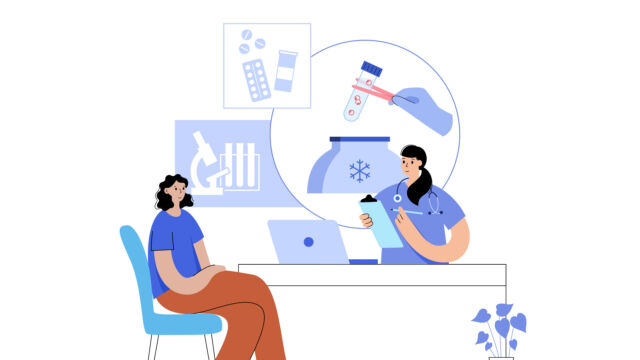Women
A Deep Dive into Prolapse
Learn about symptoms, causes, and treatment options, including lifestyle changes, medical wearables, and surgery. Don’t let prolapse impact your quality of life—get the help you need today!
All You Need to Know About Painful Sex
Learn about the causes, symptoms, and treatment options to improve your sexual health and well-being. Don’t suffer in silence—early intervention is key. Read more now!
Navigating Perimenopause: Food for Well-being
Every woman goes through perimenopause a little differently. Listen to your body and notice how different foods make you feel, then tweak your diet to what works best for you!
Cervical Cancer Screening 101
Understand cervical cancer and the essential steps to combat it through prevention, regular screening, and early treatment options to protect your health.
What Your Urine Says About Your Health
Different colours of urine can be attributed mainly to diet, medications, and, more critically, underlying health issues. Strong odour also serves as a tell-tale indicator of our health.
Cervical Cancer Can Be Prevented with Vaccination
Vaccination against HPV is a powerful tool in the fight against cervical cancer. Encouraging every eligible woman to get vaccinated is not just a personal decision, but a collective responsibility.
All You Need to Know About Egg Freezing
Egg quality and quantity are largely dependent on a woman’s age. Hence, the success rates are significantly higher for younger women in their mid-20s, followed by women in their mid-to-late 30s…
What Your Vaginal Discharge Says About Your Health
Let us dive deeper into understanding vaginal discharge, and learn a few tips on treating that intimate part of your body with care.
Understanding the Risk Factors of Breast Cancer
Risk factors that you can control and change are called modifiable risk factors. This is where every person who is concerned about getting breast cancer can put in effort to minimise their personal risk.
How IVF is done in Singapore
01 Egg Stimulation Drug treatments are injected daily into your thigh or abdomen to stimulate the growth of follicles in the ovaries. 02 Egg Maturation Assessment After…









